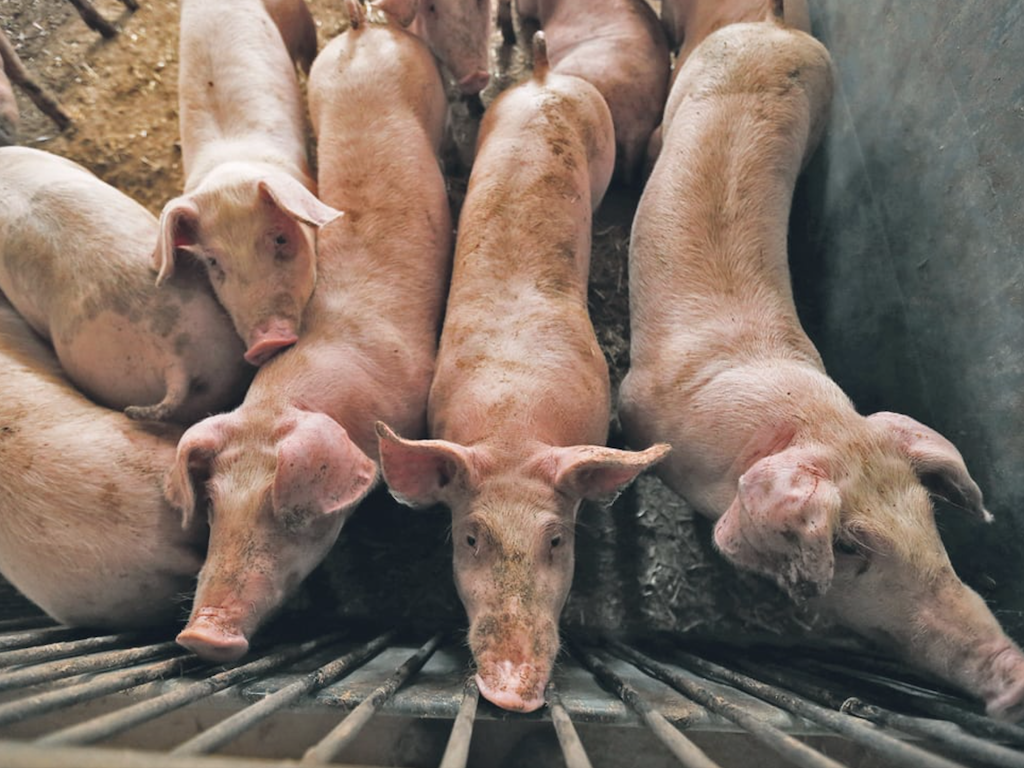3 Mins Read
According to intergovernmental agency World Organisation for Animal Health, the spread of the African swine fever (ASF) epidemic will wipe out a quarter of the world’s pig population. Since last year, Asia has experienced mass escalation of ASF, with the world’s largest pig producer – China – bearing the brunt of the deaths while the disease continues to wipe pig populations out in neighbouring Vietnam, South Korea and the Philippines. This has caused soaring pork prices across the region and globally, with no end in sight as the virus seems set to stay for the foreseeable future. In the midst of this global epidemic, many plant-based pork alternatives are looking to meet the gap in the market in China and Asia more broadly.
The World Organisation for Animal Health (OIE), the global agency in charge of coordinating animal disease control, has just warned that ASF is set to kill a quarter of the global pig population. Since its initial outbreak in 2014 in eastern Europe, the virus has spread across Asia and become established in South Korea, Vietnam, the Philippines, and China, where the current outbreak is hitting pork supplies the hardest. According to reports, as many as 100 million pigs have been culled in China alone, leading the country to grant export approval to foreign pork suppliers, which has pushed global prices up.
Speaking on these worrying predictions, vice-president of OIE Dr Mark Schipp said that ASF posed the “biggest threat to any commercial livestock of our generation” and will inflame a worldwide crisis.
While veterinary scientists around the world are continuing their efforts to find a vaccine for the virus, it remains a challenge because the disease is 100% fatal once infected in pig populations through direct contact between animals or through ticks. The virus can also survive in processed meat for months, and for years in frozen meat products.
The epidemic in pork-loving Asia has led to a spike in pork prices globally, with little chances of recovery in the near future. Several market analysts have suggested that across China and Asian countries, the continued spread of the virus will bring even greater economic losses and a deficit in pork production.
It is against this background that plant-based pork analogues are coming in to fill the gap in China and Asia, a region that consumes pork regularly in many local cuisine dishes. Hong Kong-born Omnipork, for instance, has experienced record growth since its first debut in the city’s stores and restaurants – the vegan pork mince is now available across Singapore, Taiwan and Thailand, and will launch in China soon as well.
Also addressing the pork shortage is Beijing-based Zhenmeat, a company that has developed a variety of fungus and pea-based meat products that are tailored to Chinese delicacies like dimsum and Phuture Foods, a Malaysian-Hong Kong startup focused on catering to pork-heavy Asian cuisines with its Halal and Buddhist-friendly pork alternative that is set to launch their flagship product in the coming months.
Lead image courtesy of Reuters / Kasper Pempel.



